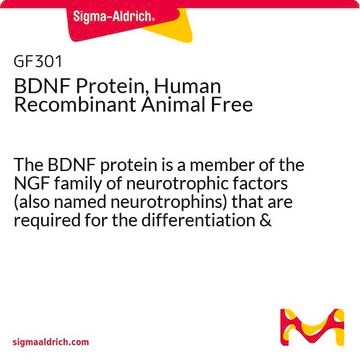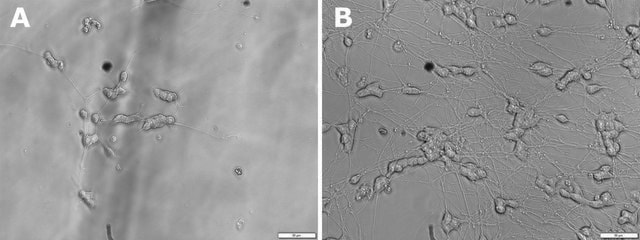H1758
Hydrochloric acid
36.5-38.0%, BioReagent, for molecular biology
Synonym(s):
HCL, Hydrogen Chloride Solution, Muriatic Acid
About This Item
Recommended Products
grade
for molecular biology
Quality Level
vapor density
1.3 (vs air)
vapor pressure
3.23 psi ( 21.1 °C)
7.93 psi ( 37.7 °C)
product line
BioReagent
Assay
36.5-38.0%
form
liquid
concentration
30-50%
color
light yellow
pH
<1 (20 °C)
bp
>100 °C (lit.)
solubility
H2O: soluble
density
1.070 g/cm3 at 20 °C (lit.)
cation traces
Fe: ≤0.2 ppm
heavy metals (as Pb): ≤1 ppm
suitability
suitable for molecular biology
SMILES string
Cl
InChI
1S/ClH/h1H
InChI key
VEXZGXHMUGYJMC-UHFFFAOYSA-N
Looking for similar products? Visit Product Comparison Guide
Application
- for the solubilization of formazan crystals
- to adjust pH in various buffers
- for the preparation of giant reed extract
- in cell viability assays
- for DNA denaturation
- for pH adjustments in sucrose hydrolysis experiment
Signal Word
Danger
Hazard Statements
Precautionary Statements
Hazard Classifications
Eye Dam. 1 - Met. Corr. 1 - Skin Corr. 1B - STOT SE 3
Target Organs
Respiratory system
Storage Class Code
8B - Non-combustible corrosive hazardous materials
WGK
WGK 1
Flash Point(F)
Not applicable
Flash Point(C)
Not applicable
Choose from one of the most recent versions:
Already Own This Product?
Find documentation for the products that you have recently purchased in the Document Library.
Articles
Acid and base chart lists the strength of acids and bases (strongest to weakest) in order. Simple to use laboratory reference chart for scientists, researchers and lab technicians.
Protocols
This procedure may be used for all Catalase products.
This procedure may be used for all Ficin products.
Our team of scientists has experience in all areas of research including Life Science, Material Science, Chemical Synthesis, Chromatography, Analytical and many others.
Contact Technical Service






